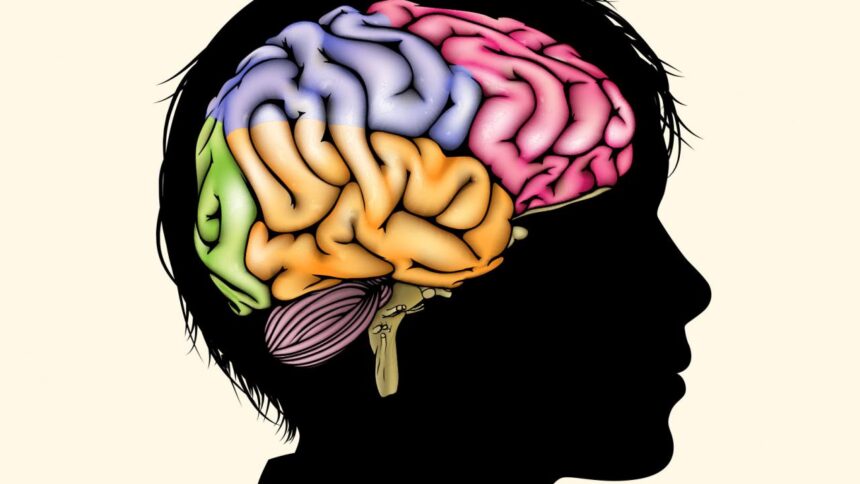Experts at USC have conducted a comparison of the brains of boys and girls with binge eating disorder (BED), uncovering notable differences in brain structure.
According to new findings in Psychological Medicine, data was collected from the Adolescent Brain Cognitive Development study involving the brain development of 38 boys and 33 girls in the U.S. with binge eating disorder.
Researchers used voxel-based morphometry to evaluate the gray matter density in the brains of nine and 10-year-old children.
“Girls with BED uniquely demonstrate diffuse clusters of greater GMD in the left dlPFC, bilateral dmPFC, bilateral primary motor and somatosensory cortex and bilateral precuneus. Brain-behavioral associations suggest a unique negative correlation between GMD in the left dlPFC and behavioral approach tendencies among girls with BED,” the authors elaborated in their findings.
“Early-onset BED may be characterized by regional sex differences in terms of its underlying gray matter morphometry.”
The study was published October 28th, 2022.


